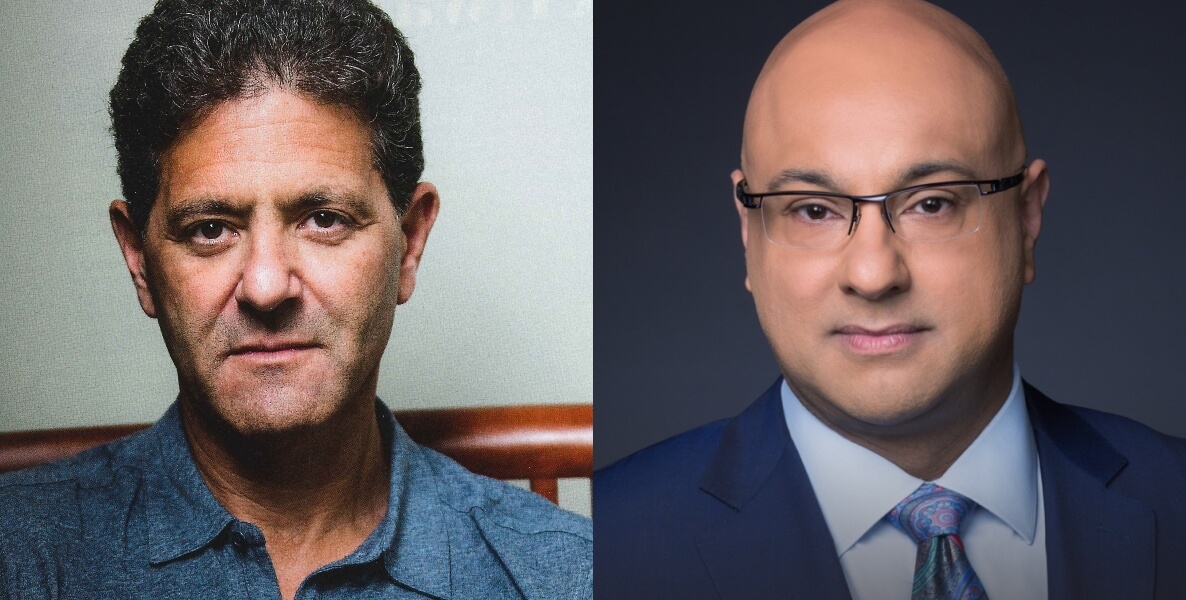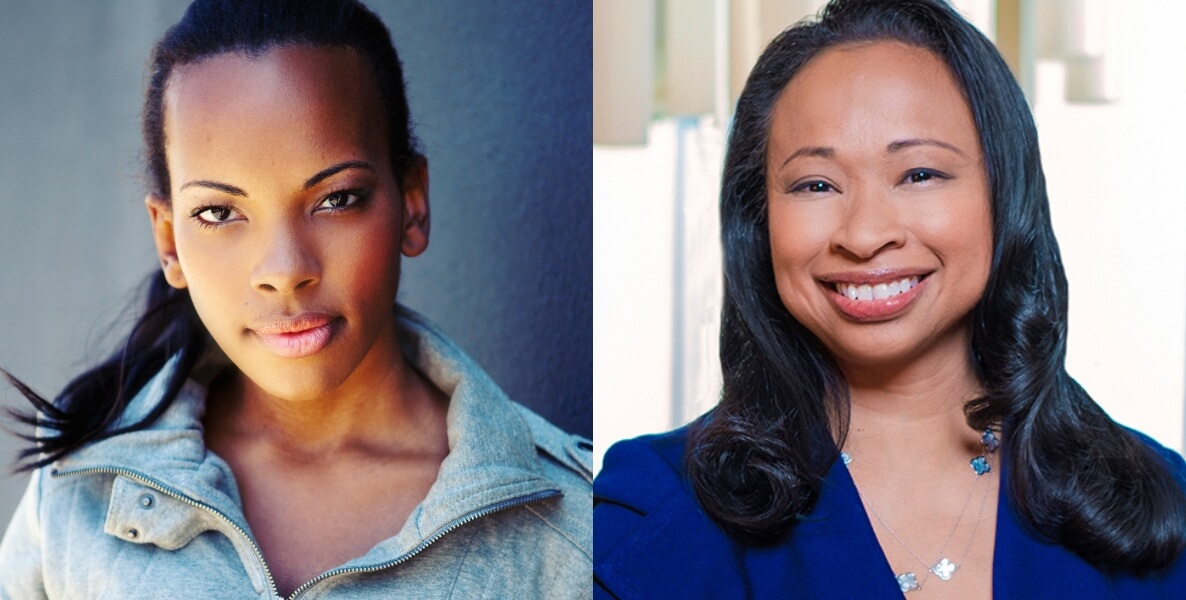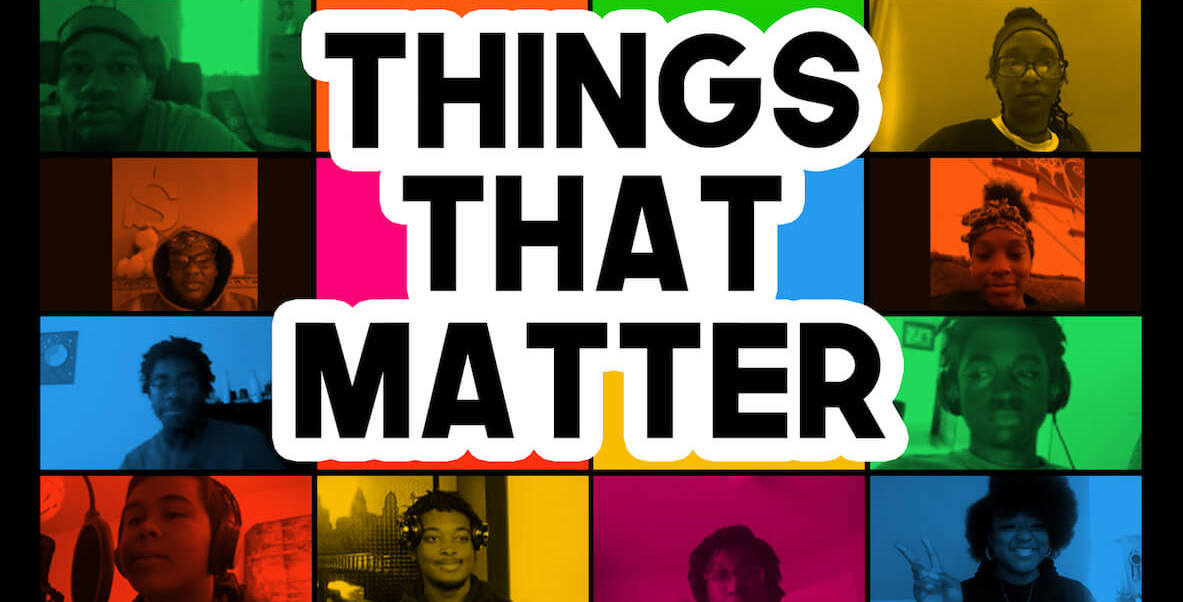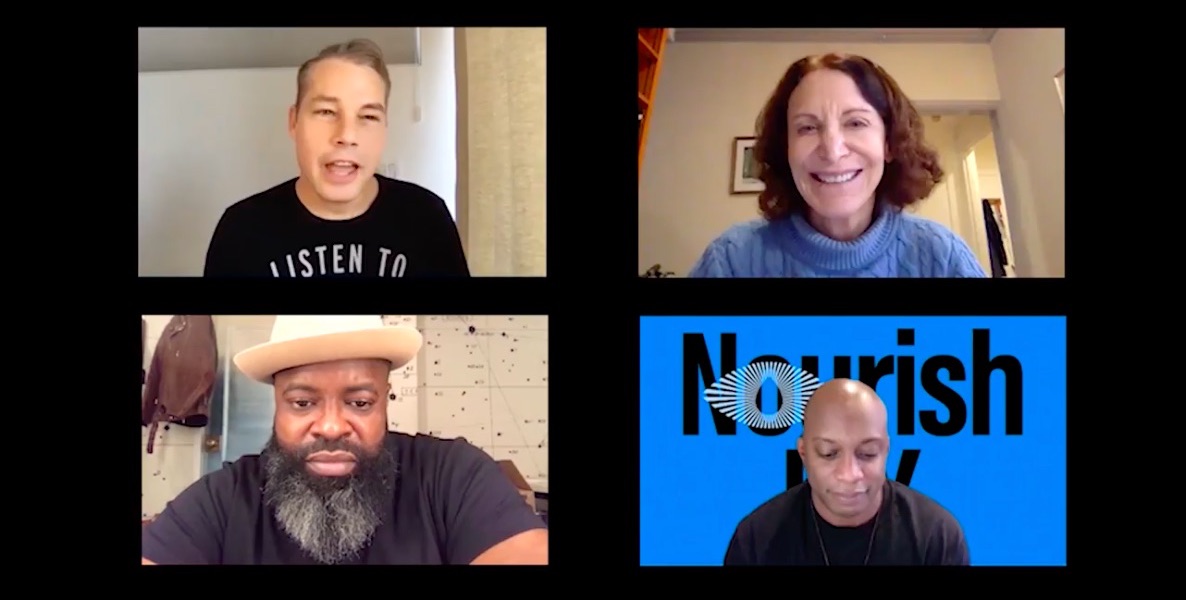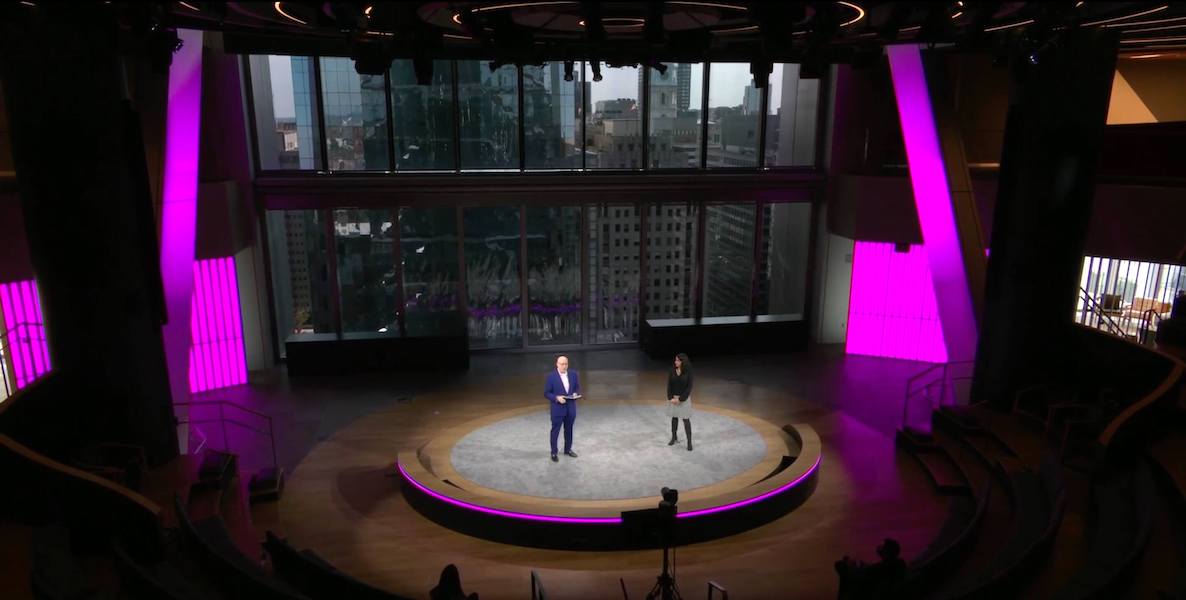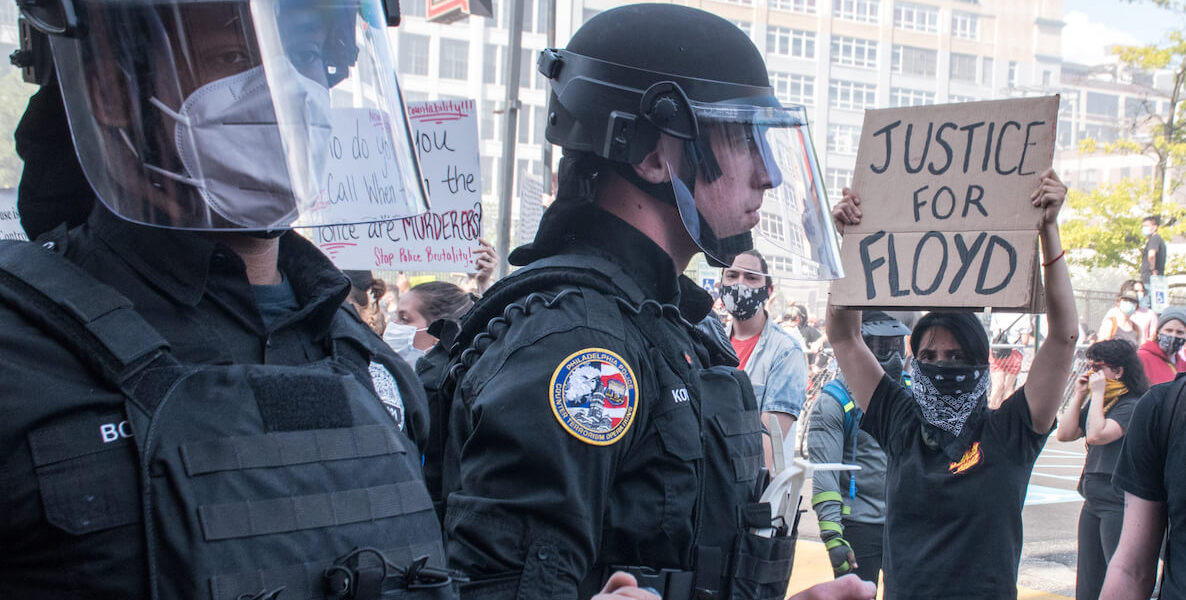Near the end of last night’s star-studded Week 2 of The Citizen’s 3rd annual Ideas We Should Steal Festival, Tariq “Black Thought” Trotter of The Roots threw down a line that could be a marker for how to stumble out of 2020: “Joy is a form of rebellion and art is a weapon.”
A few video squares away, photographer/sculptor Hank Willis Thomas, known for the giant Afro-pick sculpture erected near the old Frank Rizzo statue a couple years ago, sat before a backdrop lit with almost the same sentiment—“Nourish Joy”—while artist Shepard Fairey echoed Trotter in his own voice: “I consider art the most amazing way to both escape and engage at the same time.”
It has always been artists who have led us through the dark times, and last night was no exception, as the three artists joined Mural Arts Philadelphia’s Jane Golden for a rousing conversation about art as a means of social change.
The panel rounded out an evening that touched on so many of the issues facing Philadelphians in 2020 and beyond—police reform, alleviating poverty, increasing citywide collaboration, and fostering integrity—with some of the leading thinkers and problem-solvers in the country in these areas.
Were you there with us? If not, there’s still a chance to join us for the remainder of the Festival, Tuesdays December 15 and 22, from 5:30 to 7:30pm.
Meanwhile, here’s a rundown of what we learned, and what we can do about it.

1. There are some incredible public servants in the city of Philadelphia.
And five of them are the winners in our inaugural Integrity Icon contest, which we held this year in partnership with DC-based Accountability Lab, one of our participants in the 2018 Festival. (This is one way we brought ideas from our first Ideas We Should Steal Festival to life in Philadelphia.) In a place where public servants are so often shamed for corruption and failure to deliver to the people, it can be easy to forget that there are countless public servants doing meaningful work every day, beyond their job description and long before and after 9 to 5. You can watch videos about each of them here—and then vote for whom you think should be the people’s choice winner.
Do Something: Vote! Our five Icons were chosen by a panel of (themselves high integrity) judges. The ultimate winner will be chosen, American Idol-style, by popular vote. Learn more about the nominees here, and then cast a vote here.

2. It is possible to change police culture.
Just ask former Philly cop-turned Volusia County, Florida, Sheriff Mike Chitwood, who spoke with retired LAPD sergeant-turned-police reformer Cheryl Dorsey about the progress he has made in his county—the last in Florida to desegregate—to turn officers into guardians, rather than warriors through better training, better recruitment and better policies.
The proof is in the stats: In the last few years, use of force in Volusia County dropped by 50 percent, complaints against police dropped 80 percent, arrests dropped 50 percent, crime is down 80 percent and injuries against deputies fell 50 percent. But something else that’s important: Jobs, good housing and stable neighborhoods. “The best cop in the world,” Chitwood told WURD host Charles Ellison last night, “is economic development.”
Do Something: Demand change here, too, by insisting the City fund better police training, mental health training, and police union reform—as a start.

3. Real change, for all Philadelphians, requires real collaboration.
Let’s say that again: Col-lab-or-a-tion. This is something Pittsburgh does really well, through its Allegheny Conference; at least until recently, Philly not so much. The 300-member organization in Pittsburgh identifies problems and then leverages grass roots and political relationships in the area to solve them—rebuilding the economy; workforce, criminal justice and other policy reform; jobs training and education. “We have one organization that has the tools to market the region and fix the region at the same time,” Allegheny Conference CEO Stefani Pashman told Bret Perkins, Comcast’s senior vice president of external and government affairs.
For instance: The group worked together to diversify its economy with jobs for the 21st century. “Now, we have a lower population, but we have a diversified economy with more jobs.”
DO SOMETHING: See what collaboration and cooperative vision looks like, through the Allegheny Conference’s 10-year vision, created by, with and for thousands of stakeholders in Pittsburgh.

4. Decreasing poverty requires increasing opportunity—which requires all of us.
The bad news: The 25 percent poverty rate in Philly hasn’t budged in decades, and right now, for people born in poverty, the chances of dying so are unnecessarily high.
The good news: As Harvard researcher John Friedman, of Opportunity Insights, and author Wes Moore, of the Robin Hood Foundation, both noted last night, it doesn’t have to be that way.
Friedman’s work has uncovered real solutions to increase economic mobility that are as simple as housing vouchers, and as complex as systems change. Moore is using philanthropy to create something his own life has proven to be invaluable: social capital.
“Poverty is a societal creation,” Moore noted in the conversation called—fittingly—The Opportunity Agenda, moderated by Citizen co-founder Larry Platt. “We’re never going to be able to fulfill the types of societal hopes and aims and dreams that we’re all hoping for if we’re okay with the idea that some are going to be able to make it and some are not. That’s the type of thing that we societally have to reckon with.”
DO SOMETHING: Contribute to the Poverty Action Fund, a joint venture between the City and United Way of Greater Philadelphia and Southern New Jersey.

5. Art can change the world.
Fairey’s 2008 Hope poster for Barack Obama—which Jane Golden said “made me feel hopeful every time I saw it”—introduced a new generation of people to the power of political art, something Thomas said he learned at a young age, from his family.
“It was actually art and politics that helped the world to see the most glaringly obvious thing—that everyone is beautiful,” he said. “The fear of Black beauty is what limited society’s ability to grow.”
Activists, Trotter said, are born, the way artists are born. And for all three artists, whose work has both influenced and been influenced by Philly, the merging of activist and artist is not an option—it’s an imperative.
“You say I have a generous spirit” for making my posters affordable, Fairey told Golden. “You could also say I selfishly want to reshape the world into one I want to live in.”
Do Something: Check out Shepard Fairey’s work here, and the works of Hank Willis Thomas here. Listen to Black Thought’s new single, “American Heartbreak”, the closing track of the HBO adaptation of Ta-Nehisi Coates’s Between The World and Me.



